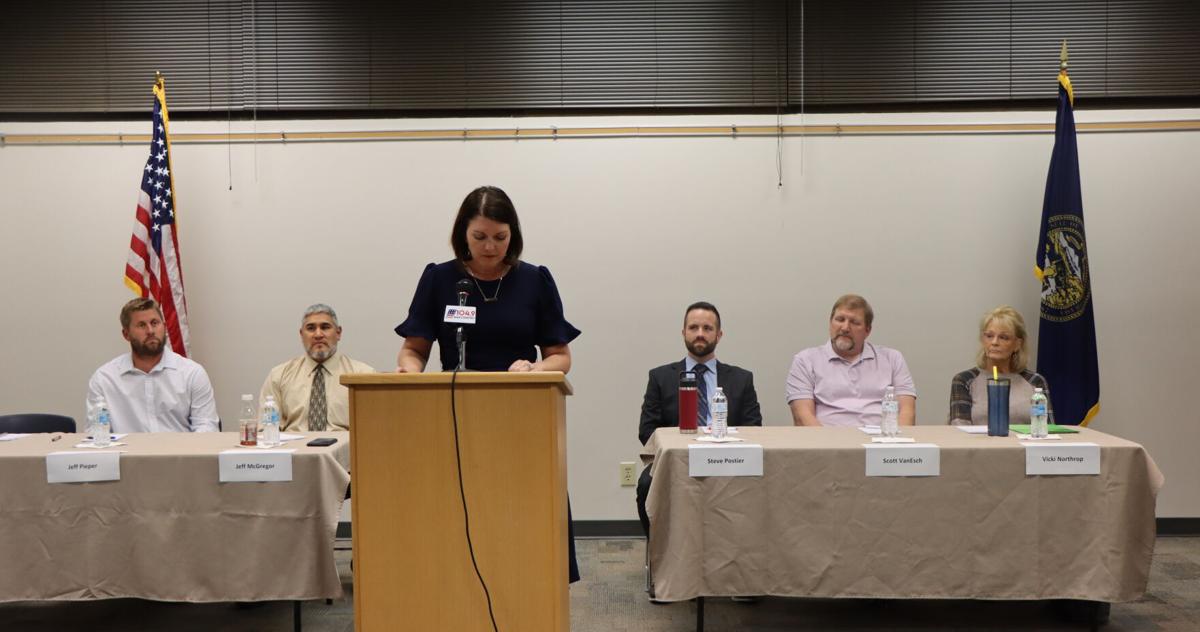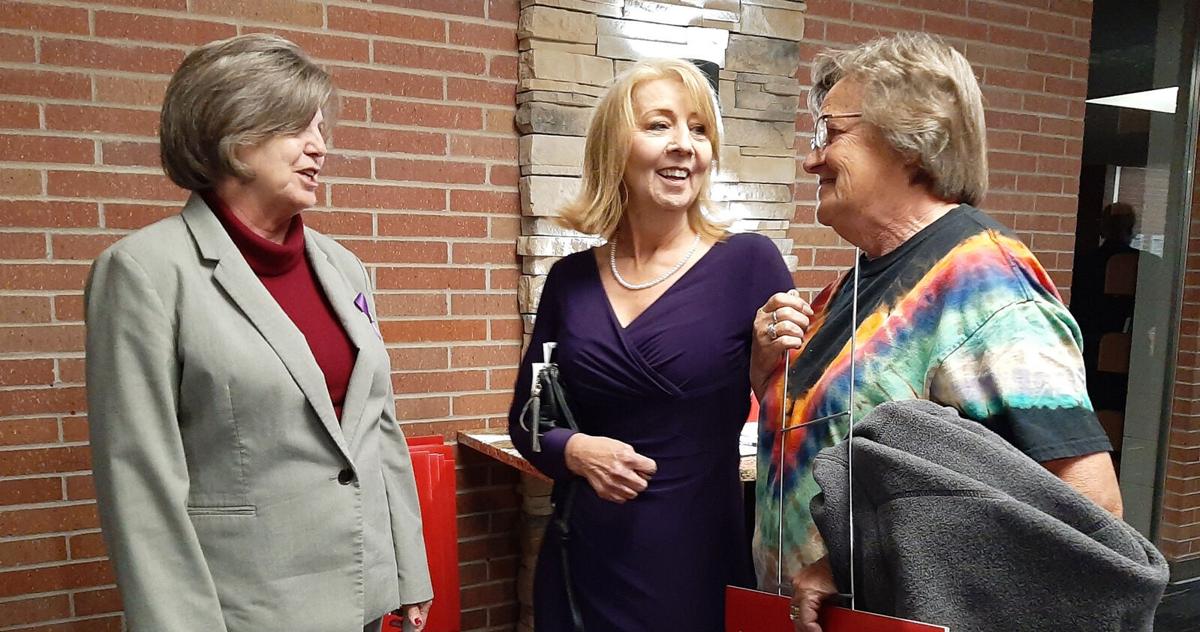Indonesian companies are ready to meet COP26 commitments

- As part of the G20, the B20 brings together the global business community to provide recommendations in advance of the G20 Leaders’ Summit in Bali, Indonesia later this year.
- The need for a fair and equitable transition was a key theme throughout the B20 meeting, as the sage was set for a sustainable energy transition.
- B20 is poised to be the “climate” B20, demonstrating how public and private, local and global, can all work together to keep the world on track for 1.5C.
The stage is set for ssustainable energy transition. It was a clear message when President Joko Widodo and Indonesian and international leaders agreed to make it one of the top priorities at the recent B20 kick-off meeting.
This year, Indonesia is hosting the G20, a strategic multilateral platform linking the world’s major developed and emerging economies. The members of the G20 represent more than 80% of the world’s GDP but also 80% of the world’s CO2 emissions. Therefore, the decisions and commitments made by this group will play an important role in global economic recovery as well as climate transition.
As part of the G20, the B20 brings together the global business community to provide recommendations in advance of the G20 Leaders’ Summit in Bali, Indonesia later this year.
Throughout the discussion, five main themes emerged:
1. Set ambition from the top
Indonesia has set a series of ambitious energy transition commitments ahead of COP26. These include a commitment that more than 50% of its new electricity capacity will come from renewable energies over the next 10 years, not to build new coal-fired power plants beyond those already planned and to reach net zero by 2060, or even sooner. These were done before the COP26 coal “phase-down” and it demonstrates that this could be achieved through international public-private partnerships.
President Joko Widodo continued to set a strong ambition for “massive electrification” despite the current starting point where the electricity mix is still dominated by coal for more than 60% of its total capacity. He described some of the major opportunities presented by Indonesia’s energy transition; these include harnessing the country’s vast and diverse renewable potential (up to 418 GW), tapping into Indonesia’s rich reserves of key energy transition materials such as nickel, bauxite, tin and copper to create new industries and begin to retire coal-fired power plants in dismantling of 5.5 GW of capacity.

However, the Indonesian president was also clear on two essential requirements for his country. He stressed the importance of “transit without harming people and the need for international investment, technology and support.
2. Responsibility through companies that respect their commitments
Within the framework of the B20, the business community has the opportunity to mobilize the private sector and to pass the baton from Glasgow to Bali, where the G20 and B20 summit will be held in November 2022.
To date, 683 of the top 2,000 SOEs have reported net zero liabilities. Of these, only 13% come from emerging markets and developing economies (EMDE). The recent kick-off meeting reinforced the vital role that micro, small and medium enterprises play in economies such as Indonesia. They account for more than 60% of GDP and therefore supporting their transition to net zero is equally essential.
KADIN, the Indonesian Chamber of Commerce, recently set up its own net zero hub to help Indonesian businesses get on the path to their net zero commitments.
Long-time member of KADIN, Bakrie & Brothers champions sustainability and energy transition. The 80-year-old group has embarked on a major transition to move towards sustainable and digital business ventures, including electric buses, battery storage, renewable energy, smart prefab housing and fintech.
Indonesia’s ambition to achieve the energy transition must be accompanied by both investment and the support of the international financial and commercial community.
In order to achieve its net zero goals, Indonesia estimates that it will need an average of $150 billion to $200 billion per year until 2030. Along with Indonesia, EMDEs will require more than seven times the amount spent current investments in clean energy on an annual basis. by 2030 to ensure the world is on track to reach net zero by 2050.
The good news, as Mark Carney pointed out at the meeting, is that “The necessary money is available, with more than 450 of the largest banks, insurers and pension funds committing to manage their $130 trillion assets in accordance with net zero requirements.”
The World Economic Forum’s Mobilizing Investments for Clean Energy in Emerging Economies (MICEE) initiative was set up to drive collective action and impact by bringing together the public and private sectors to accelerate needed clean energy investments in the EMDEs. KADIN and Accenture are working closely with the World Economic Forum through MICEE to unlock funding for clean energy projects in Indonesia.
4. Support for energy transition leaders
In addition to funding, EMDEs at the start of their energy transition journey need technical support to rapidly expand their clean energy capacity, as well as skills transfer to train new generations of clean energy workers. .
Leaders in the energy transition can seize the opportunity to enter new markets with high renewable energy potential, while implementing industrialized clean energy solutions. For example, the Indonesia System Value Analysis, which Accenture launched at COP26 based on the World Economic Forum’s System Value Framework, recommended that Indonesia can unleash its vast economic potential. energy by constructing renewable energy zones (large-scale renewable power plants, >500 MW) following the successful example of India’s mega solar parks. These played a key role in enabling the exponential growth of renewable energy capacity in India, addressing the major risks and challenges faced by the projects.
The industrialization of solar and wind energy was one of the main priorities highlighted by last year’s B20 Italy energy working group, chaired by Enel Group CEO Francesco Starace. During this year’s meeting, he stressed the importance of accelerating and achieving the “inevitable” energy transition without the same level of inequality as previous transitions.
5. A fair and equitable transition for all stakeholders

The need for a fair and equitable transition was a key theme throughout the B20 meeting. This raises the importance of addressing inequalities and social challenges that may arise due to the energy transition.
Conversely, there are huge opportunities arising from good planning. For example, in the United States, it has been estimated that 55% of coal-fired plant workers could be employed in the solar sector without retraining, and that the majority of coal-fired plant workers could be absorbed into the solar sector at higher median salaries. . In Indonesia in particular, the green economy is expected to create up to 4.4 million new jobs by 2030, as highlighted by the National Development Planning Agency Bappenas.
However, the energy transition will affect a broader set of stakeholders that go beyond its direct workforce. This has an impact on communities, informal economies and young people who have benefited or would have benefited from, for example, coal-fired power plants. This further reinforces the importance of breathing new life into all assets that will be taken out of service due to the energy transition. This can be done by repurposing old factories or mines for renewable energy projects, as companies such as Enel and EDP in Europe and Latin America have demonstrated.
We know this must be the decade of delivery for the energy transition and we believe this B20 is poised to be the “climate” B20, demonstrating how public and private, local and global, can all work together – especially in developing and emerging markets – to keep the world on track for 1.5C.






